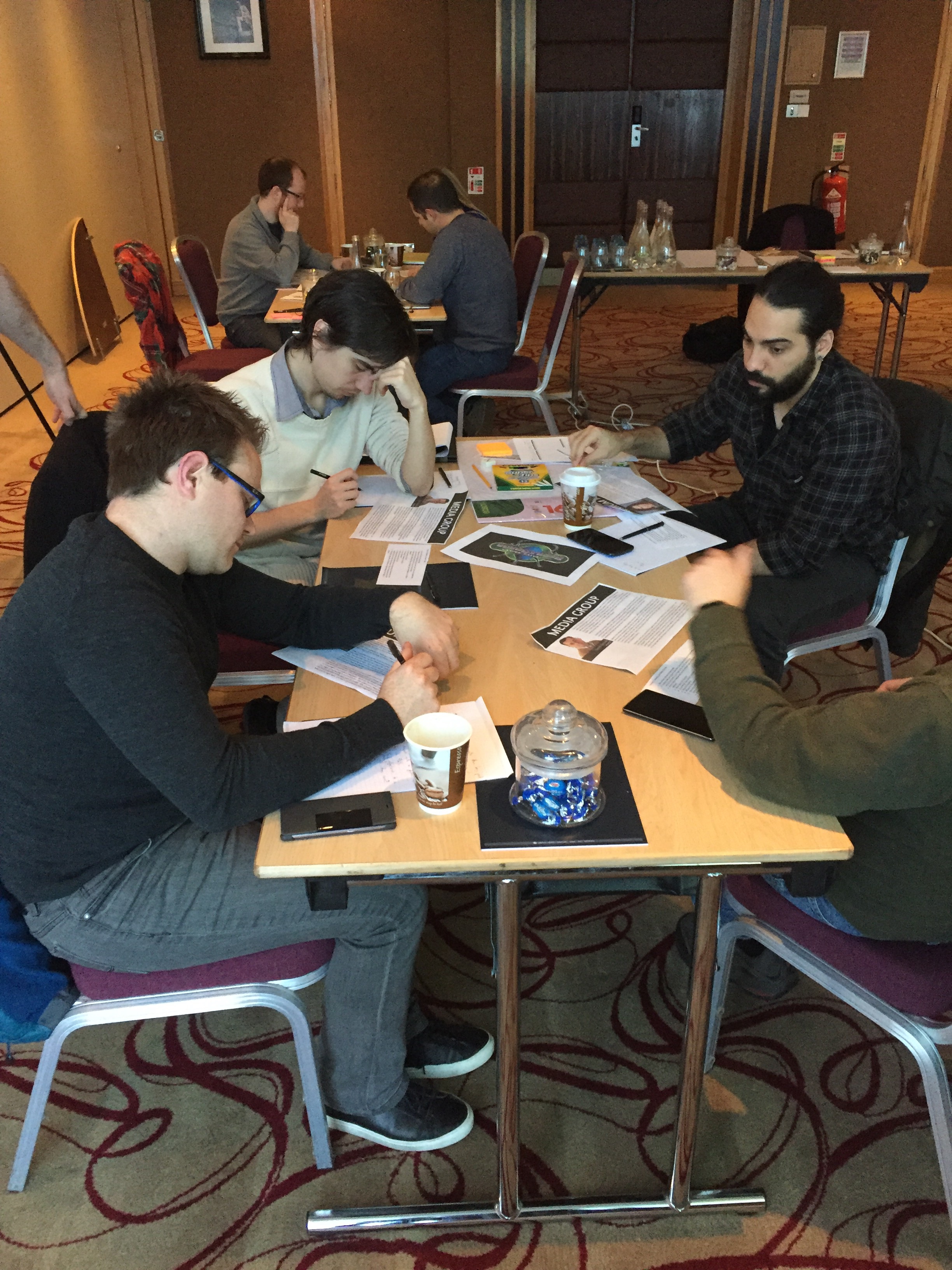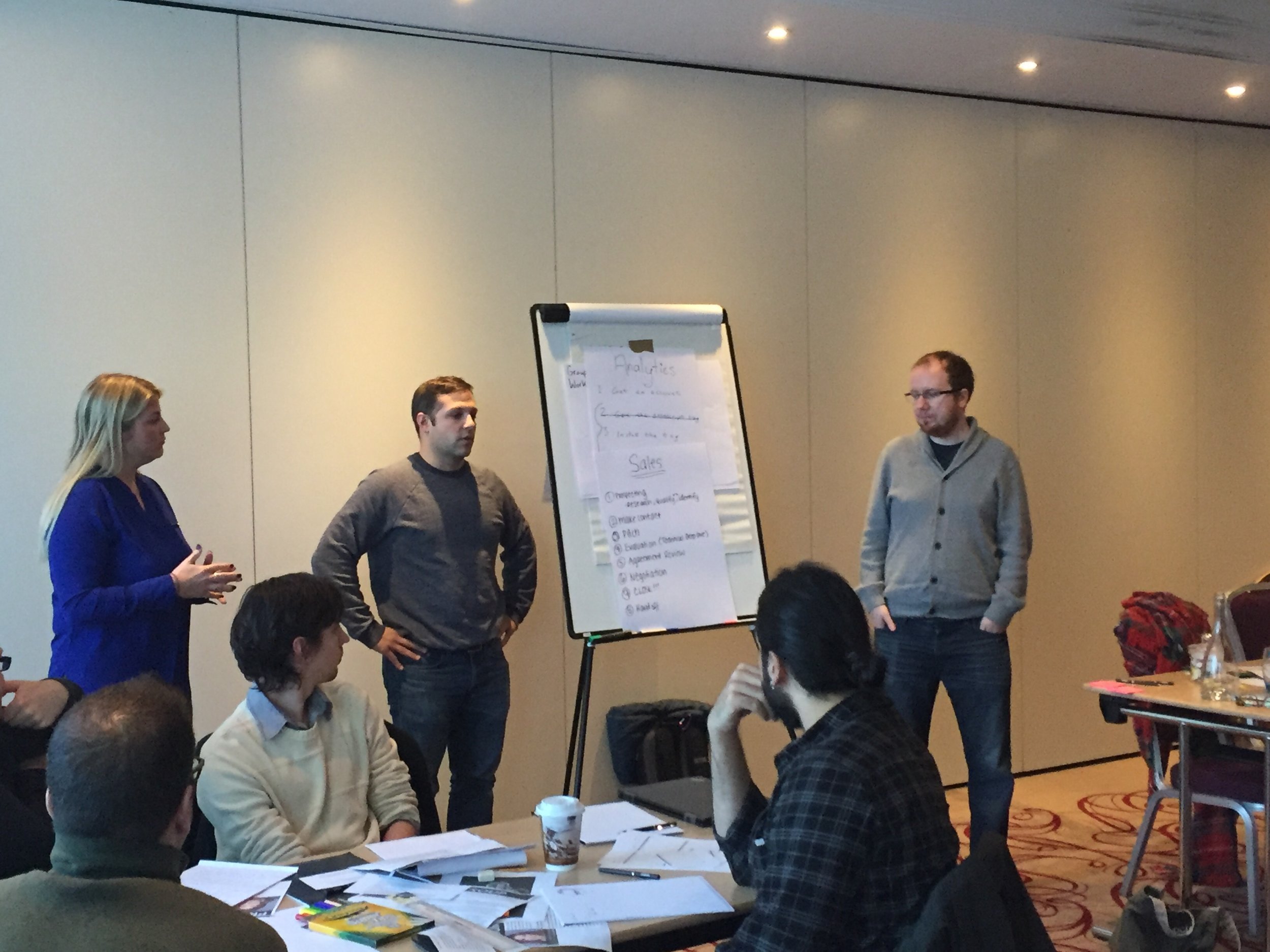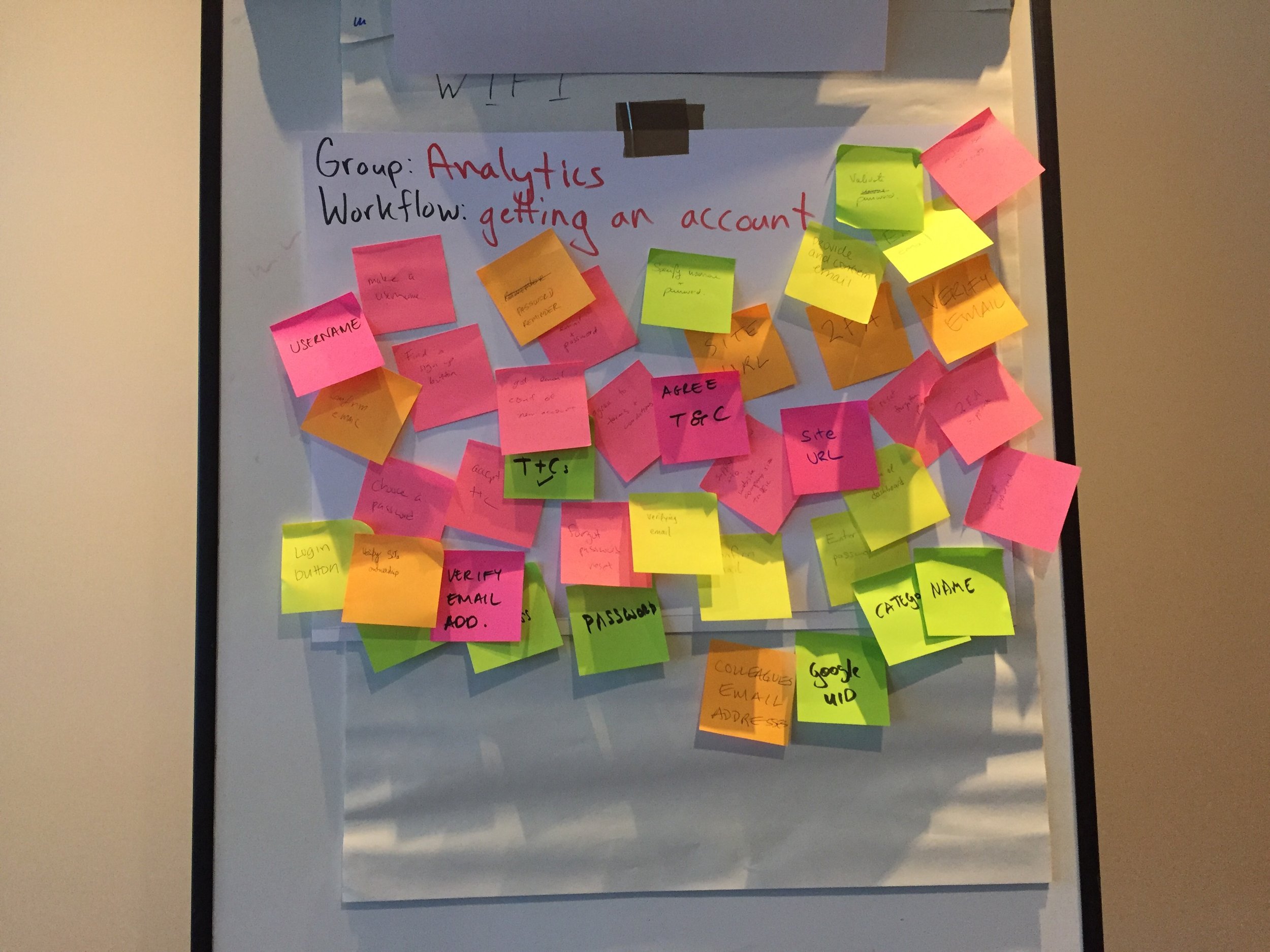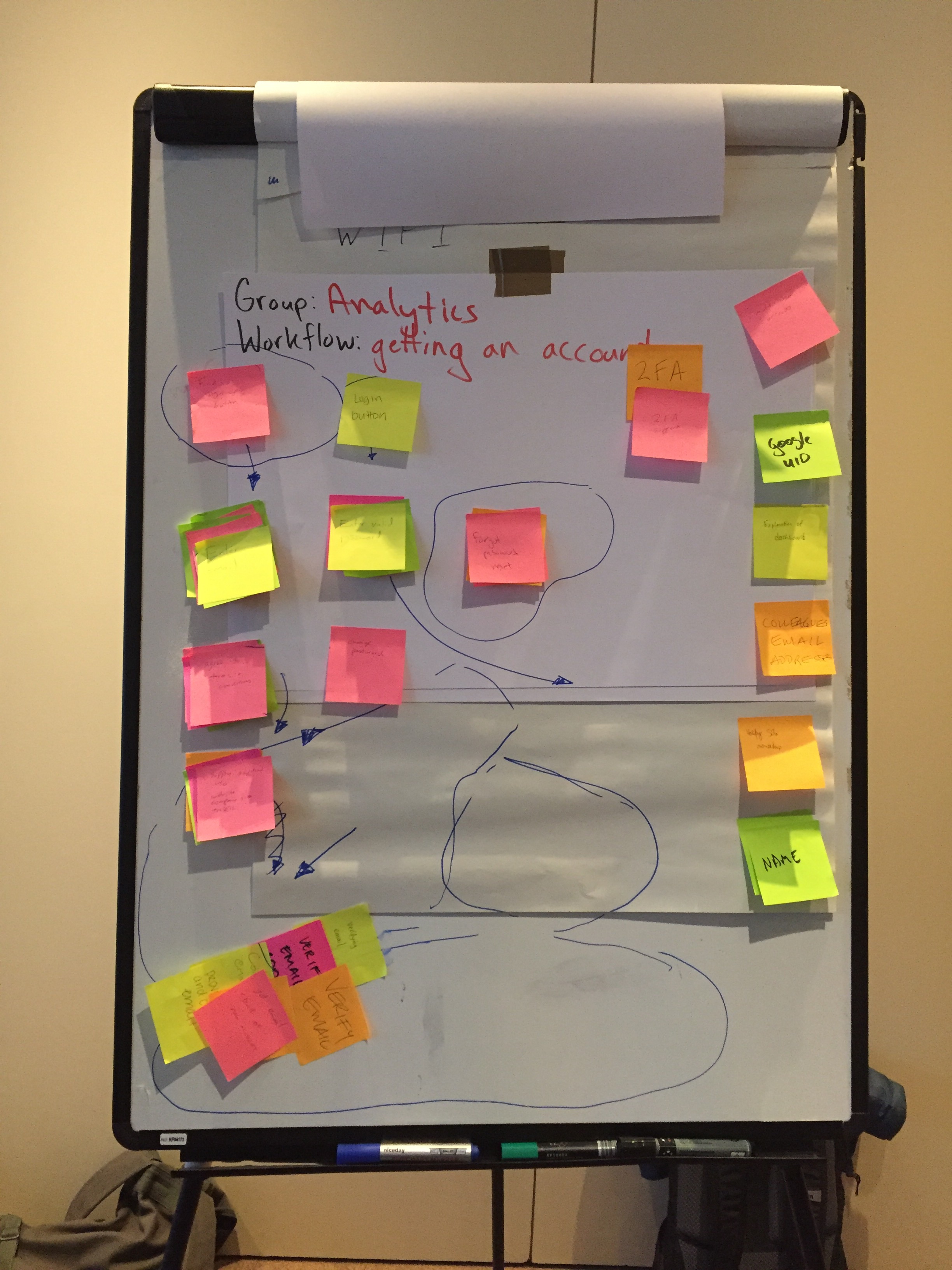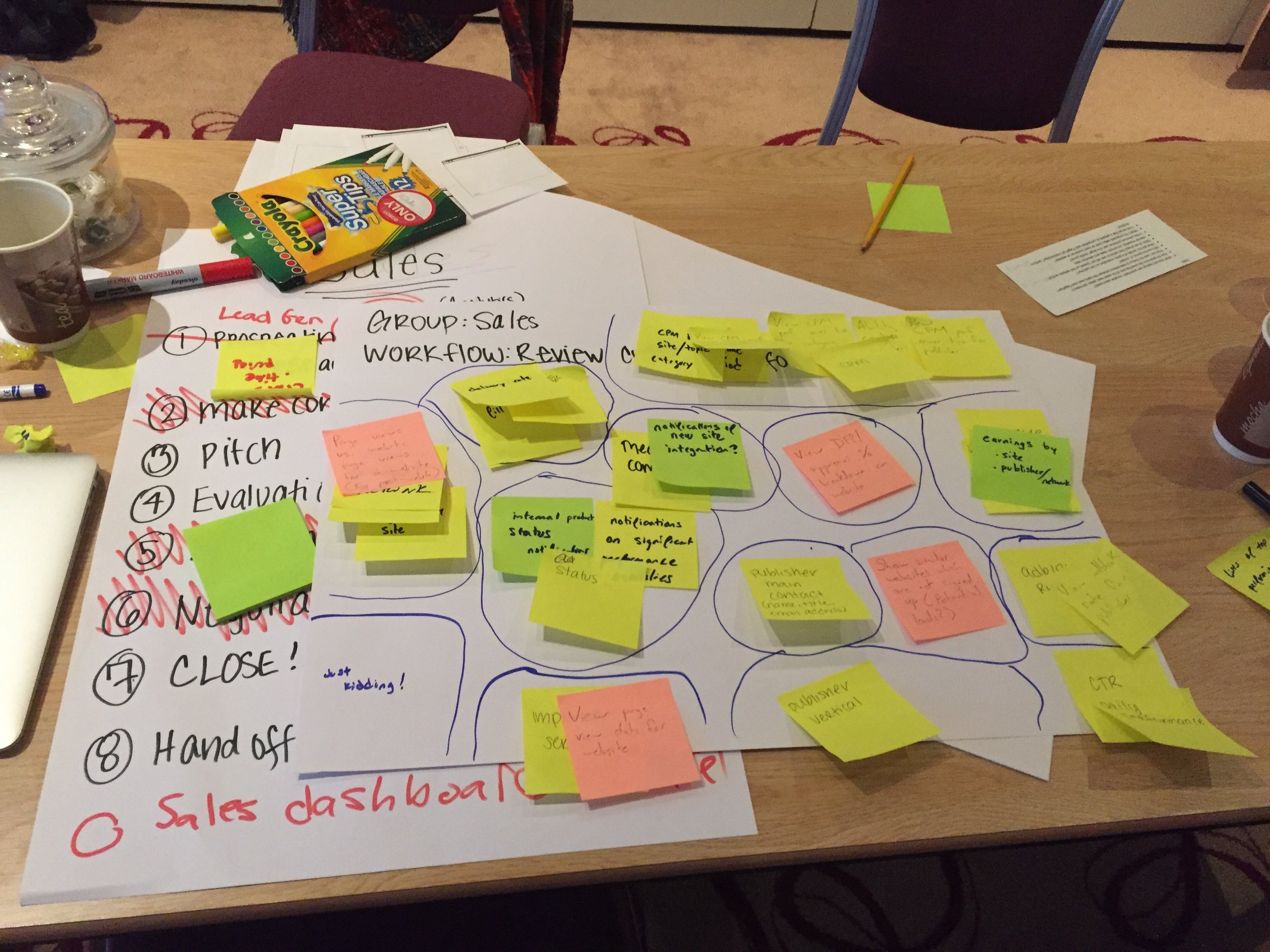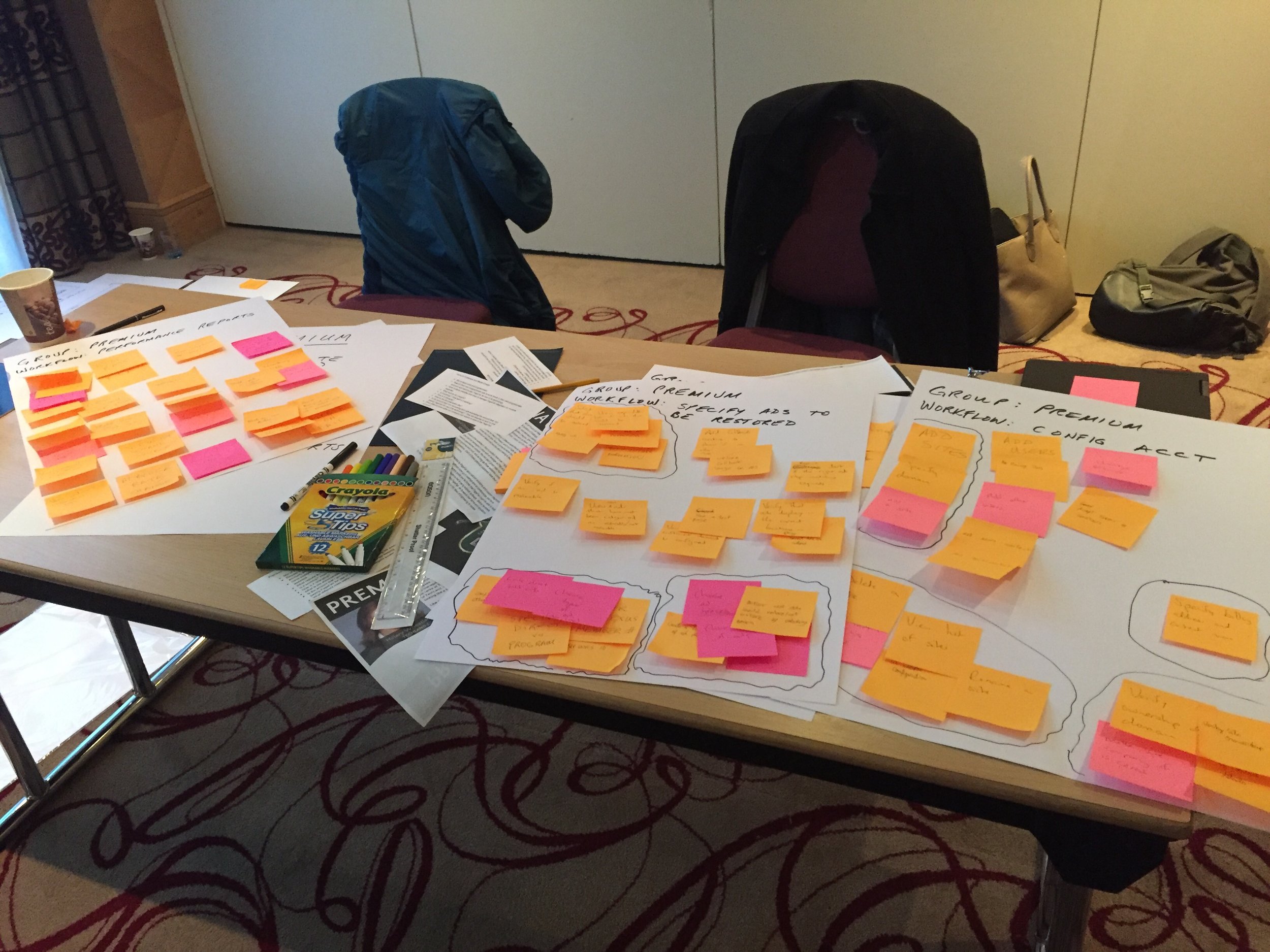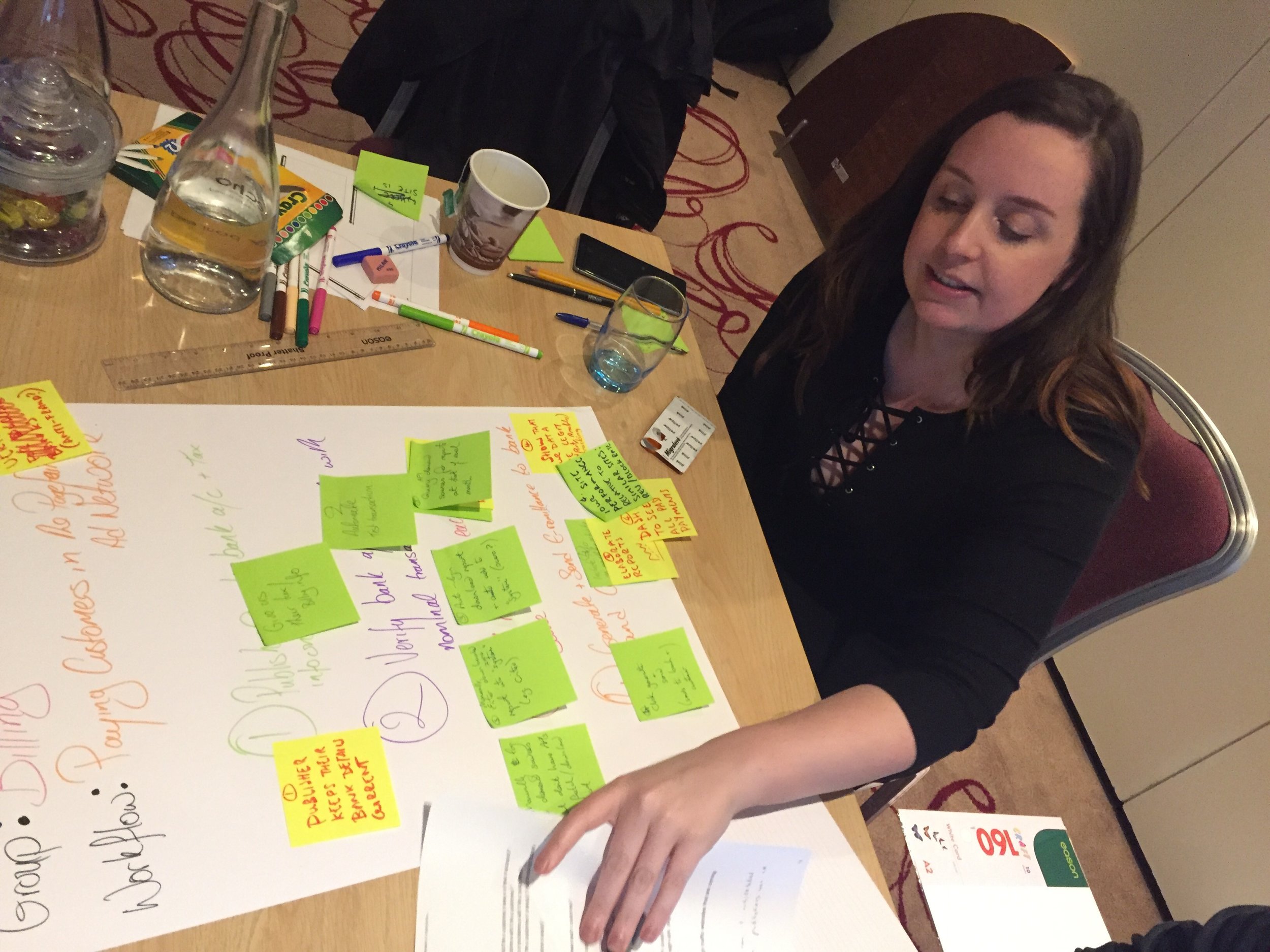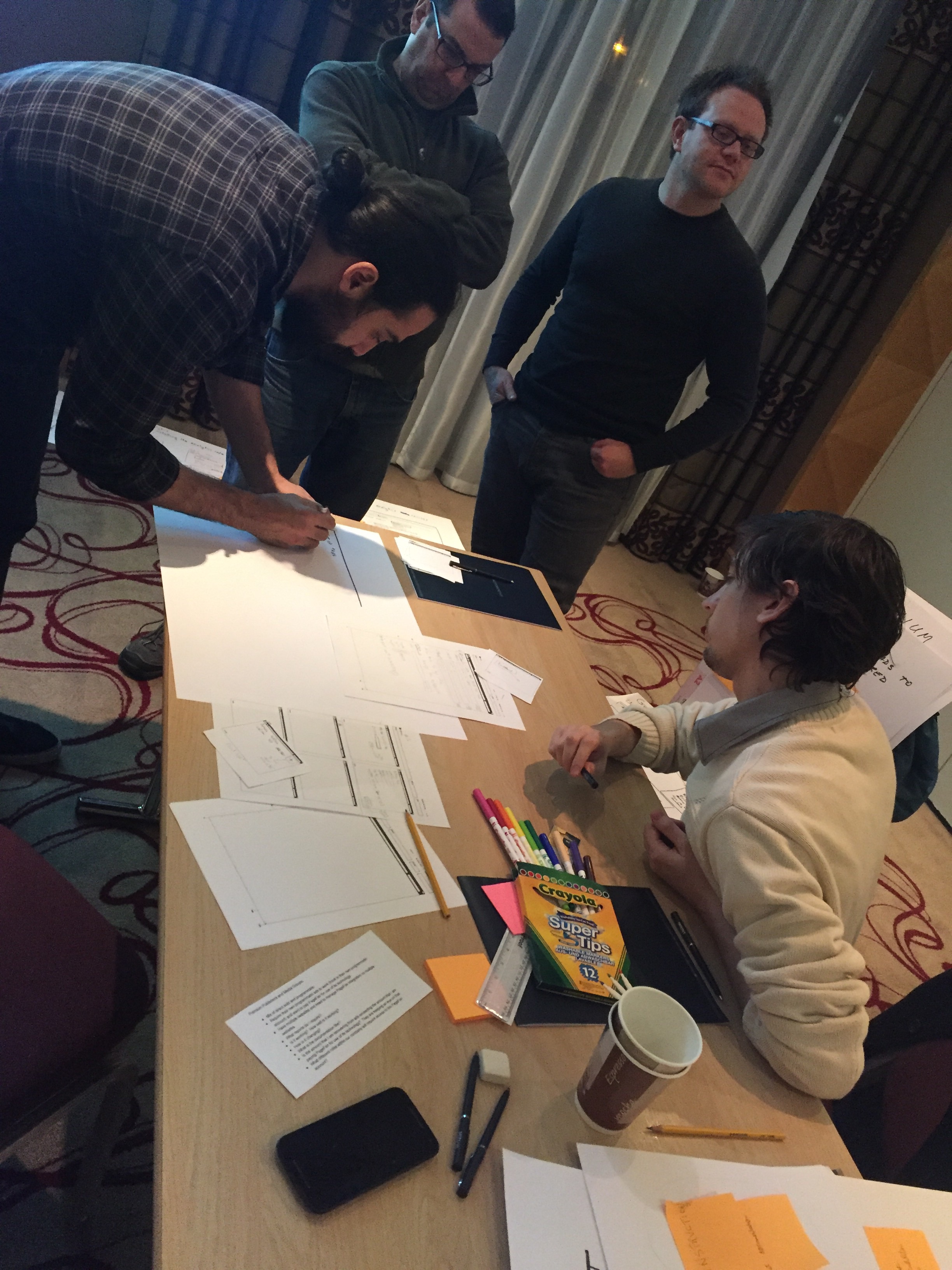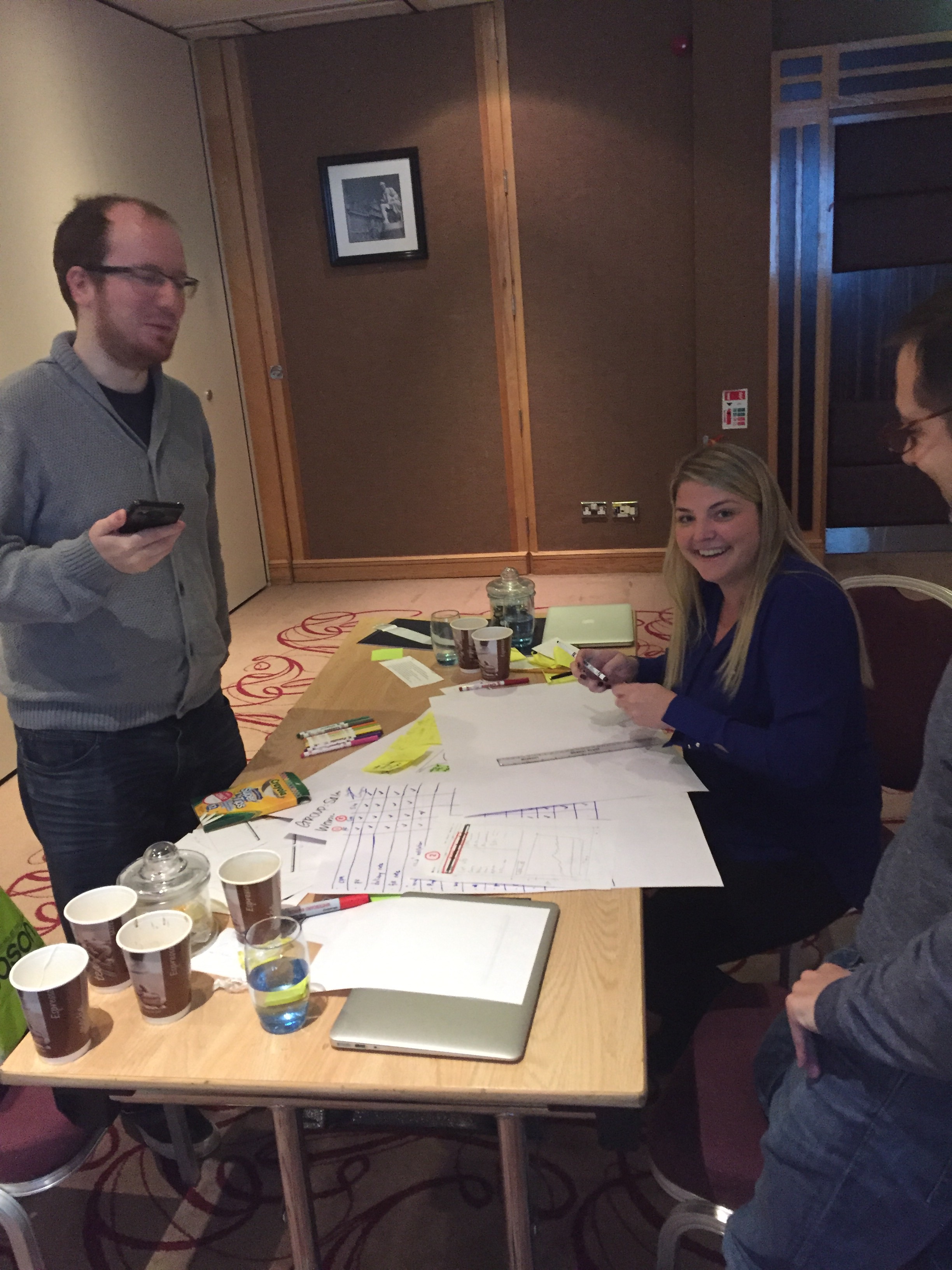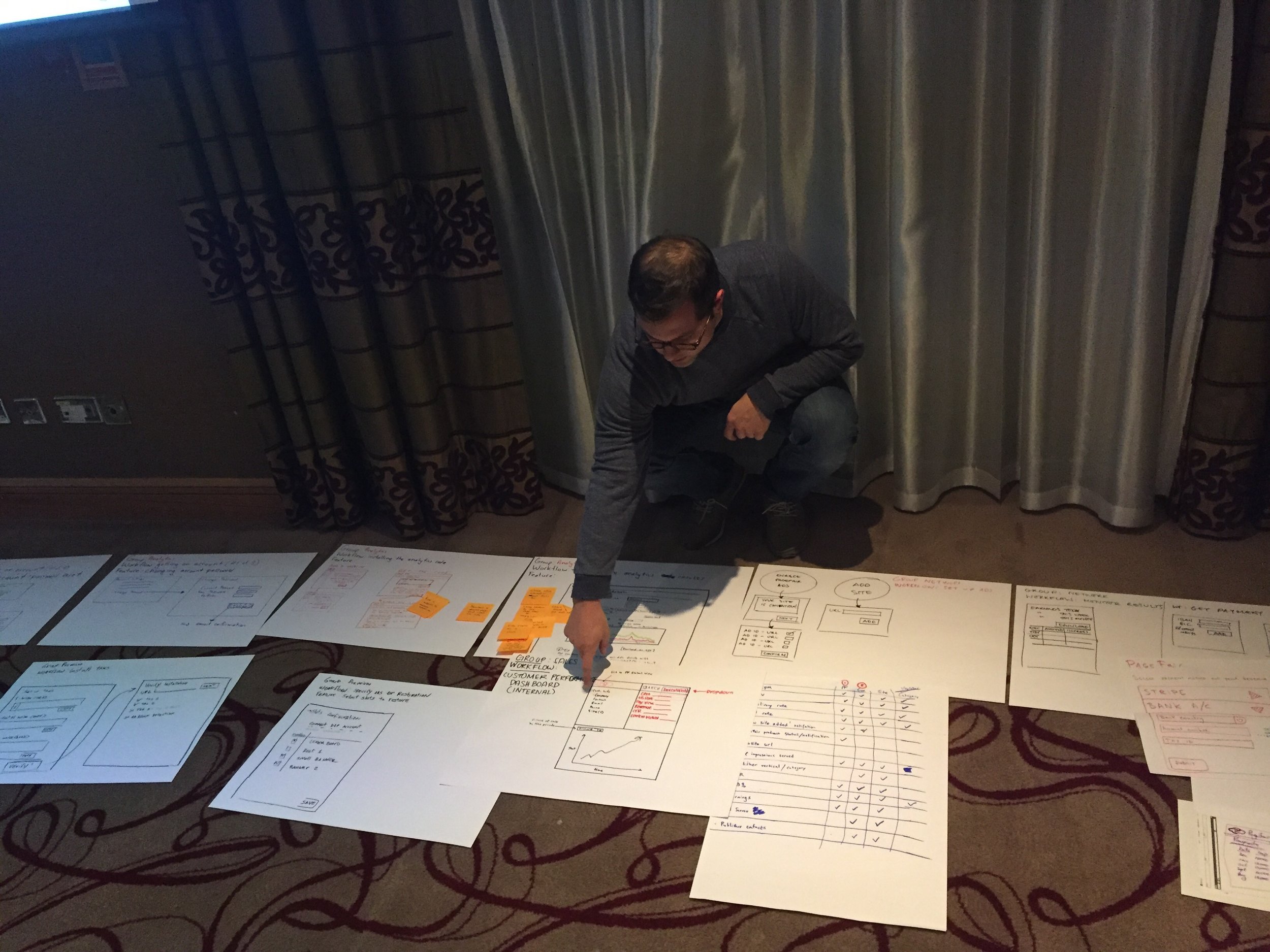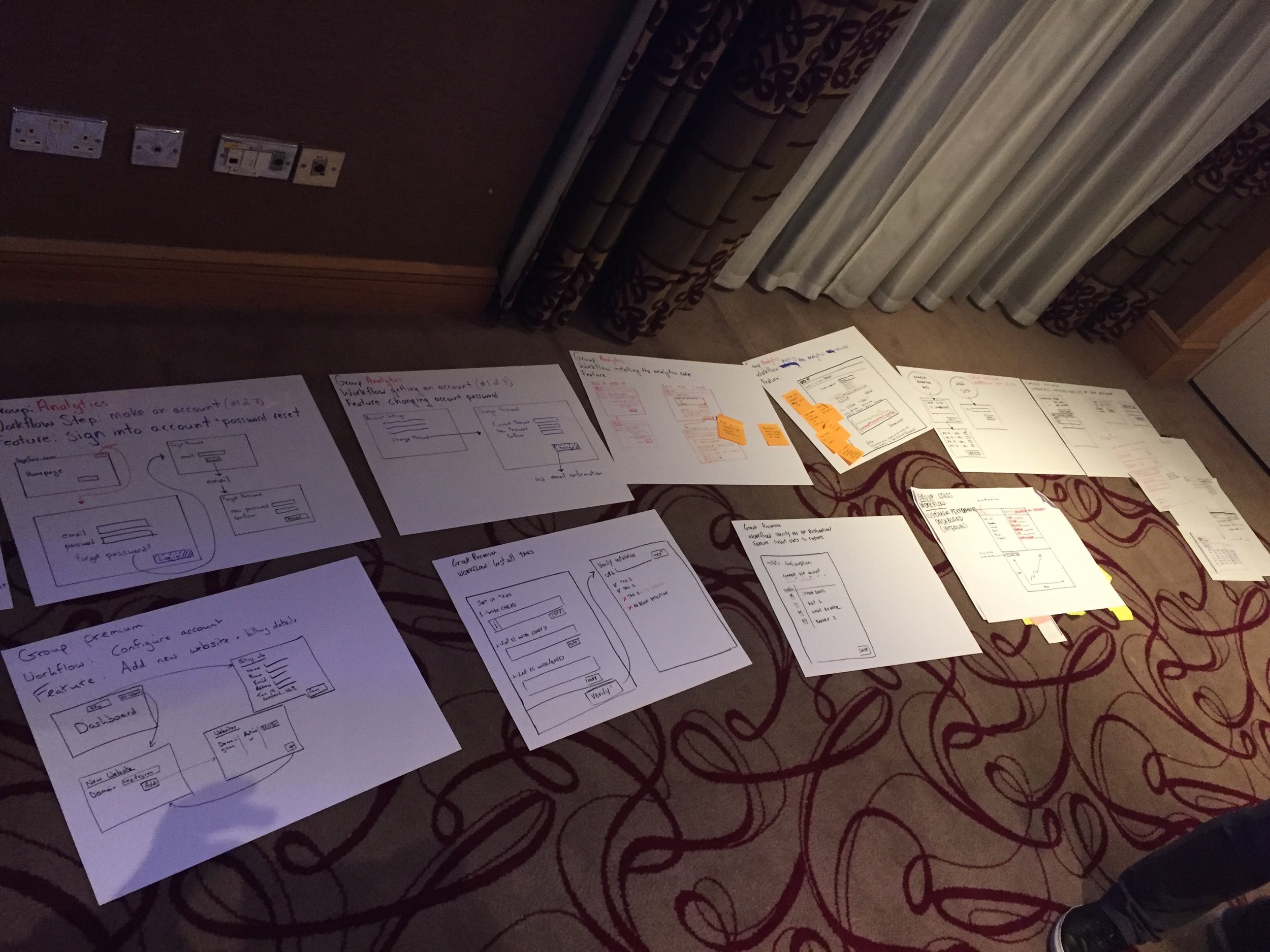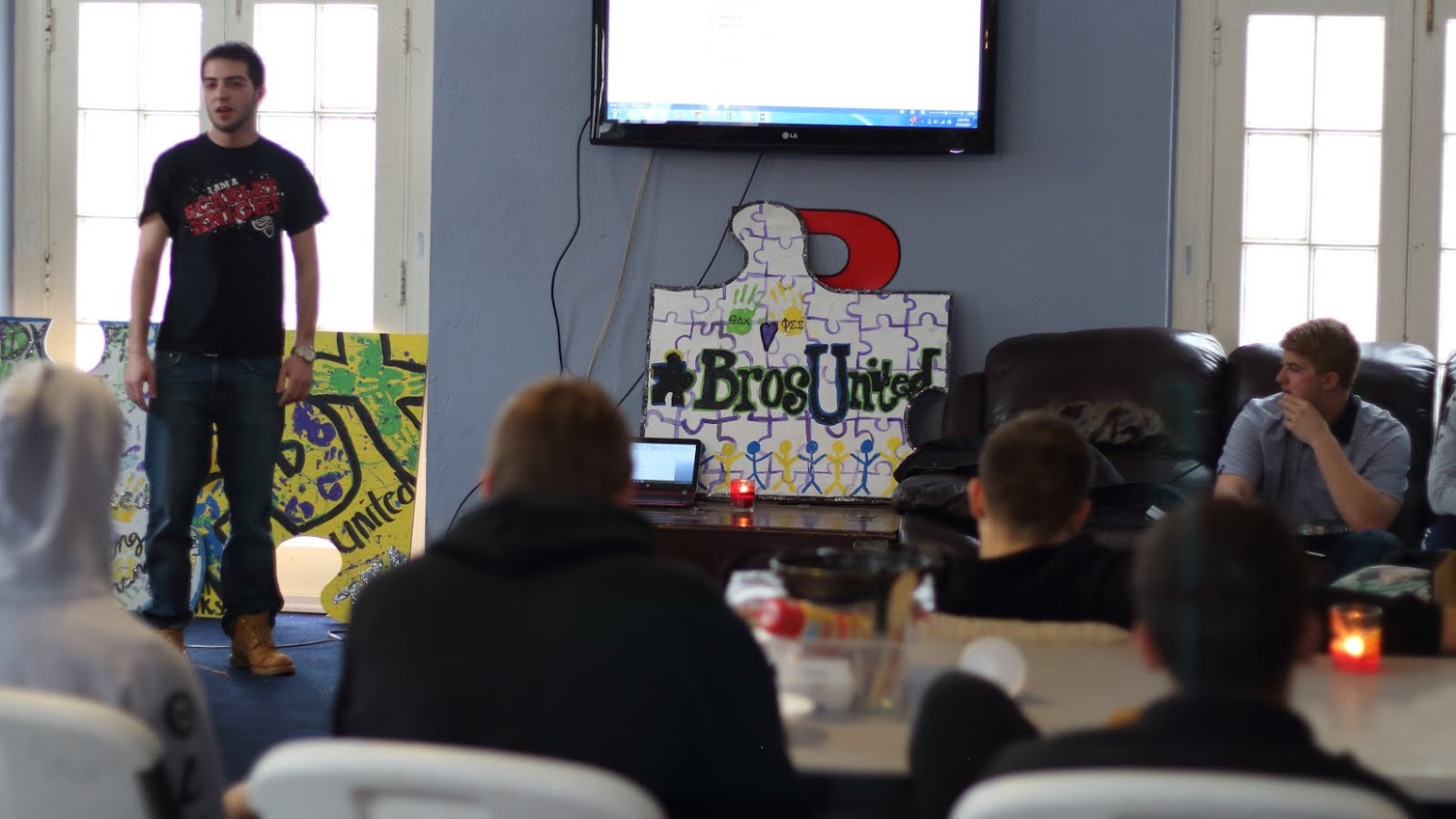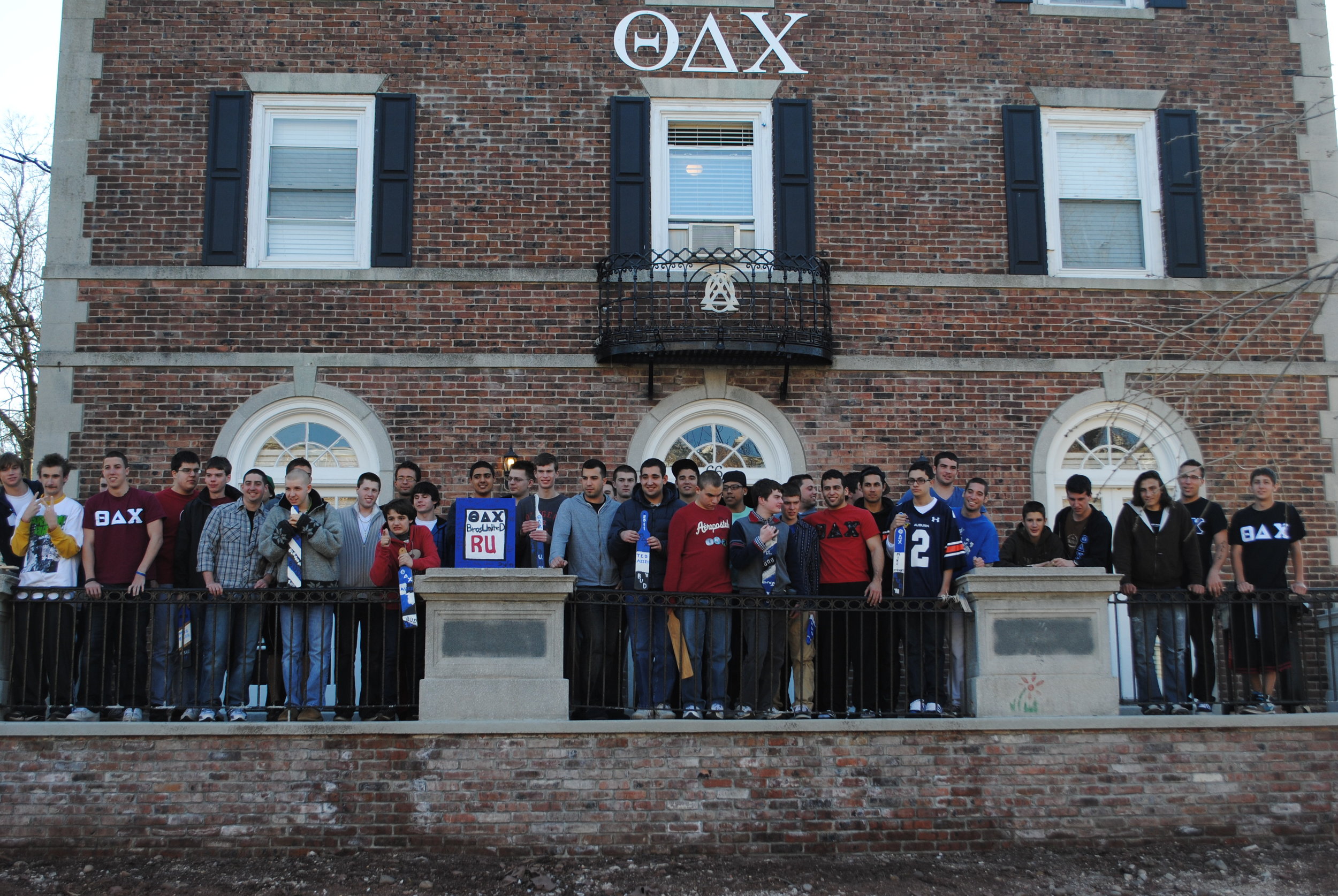Workshop Facilitation
In my time as a CEO, designer, educator, and community activist I have had opportunity to facilitate workshops for topics including: Design Thinking for product design, Trainings to other educators about using technology in their classrooms, and trainings for my peers about working with marginalized communities, such as LGBTQ+ students and teenagers with Autism Spectrum Disorders. I also run regular annual planning days for my company.
Design Thinking for Product Design
As part of our quarterly planning day in 2017, I planned and co-facilitated a design thinking workshop with our CEO for our colleagues at PageFair. We wanted to engage all employees and create buy-in with the company’s new product, which was a self-serve advertising platform for website publishers. I was to lead the design for our new product and as part of that, would be interviewing different employees in the company to understand their needs and pain points. We ran a four hour Design Thinking Workshop in which we took participants through the brainstorming, card sorting, and low-fidelity prototyping stages of product design. We had each group create a journey map for their assigned persona and at the end, walk the rest of the company through their proposed version of the product. This helped us in identifying some of the components and features that each team member felt important, and get a sense of potential versions of the product’s information architecture.
Trainings for effectively using technology in classrooms
In my second year of teaching, I ran a series of workshops and trainings aimed at older, veteran teachers about how to effectively use technology, such as their interactive whiteboards, in their classrooms. The school had recently had “Promethean Boards” installed, which were terrific pieces of equipment for increasing student engagement during whole-group instruction. However, the majority of teachers never received proper training about using them and so the boards were unused. During teacher planning days and before and after school I would run tutorials with teachers to help them understand how to use the new technology and provide some best practices for student engagement.
I was invited to run a workshop at the district’s administrator planning day and at my own school’s instructional review about using student data to inform instruction. I led a team of crackerjack teachers to build a data tracker that interpreted student reading test results and provide instructional strategies, which had proved an effective tool to helping my students make reading improvement. I presented the tool we had made to the school district’s Vice Principals and Reading Coaches and later, to the District’s Assistant Superintendent.
Trainings for Autism Spectrum Disorders and LGBTQ+ Students
I have been a community organizer for both the LGBTQ+ and Autism communities and as such, have organized various trainings and workshops for those people who I recruited to join the volunteer efforts.
As part of the Bros United Mentorship Program that I co-founded, I brought in Katie Curran, a Behavioral Consultant with Strength Based Behavioral Consulting, to conduct a day-long workshop with my fraternity brothers who would be serving as “Big Brothers” to the participants, who were teenage boys with autism in the New Jersey community. The training, which happened before each new program began, covered everything from “what is autism” to “how to interact to someone with autism” to various “what if” scenarios. The training was mandatory in order to participate in the program, and provided the Big Brothers with the knowledge and confidence that they needed in order to be effective participants.
As part of Teach for America’s 2012 Day of Service, I volunteered to organize and run a programmed event around LGBT student inclusiveness with Sandra Hinderliter, a Teach for America Miami staff member. She and I worked with Pridelines, a local organization that specializes in counseling and programming for LGBT youth in Miami-Dade. We brought a group of 10-15 corps members into the center for the day to learn about both the challenges facing those students and about how we, as educators and role models, can be a resource. The event featured informational sessions about language and terms, case studies, and a Q&A with LGBT students.
